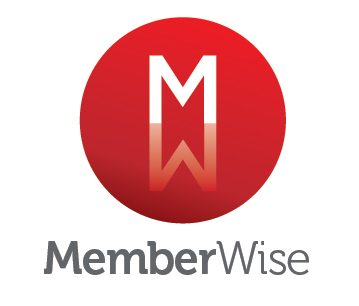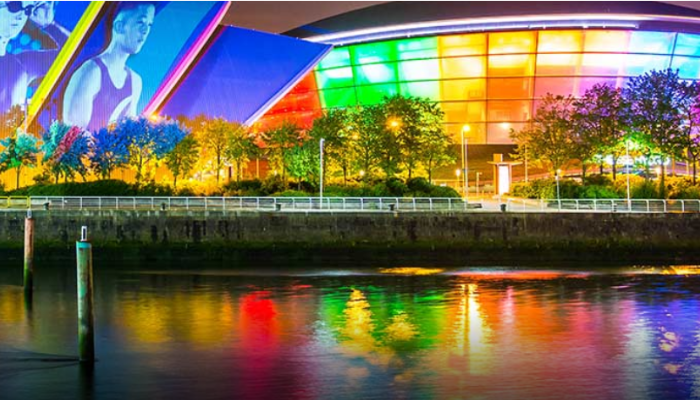Have you ever fallen into the trap of thinking a task would be quick and straightforward, only to find it spiralling in scale and scope?
In event management, this is venue-sourcing to a ‘T’. Many professionals get caught out by the extensive time and effort needed to find the right venue. On the surface, what appears to be a straightforward task can easily get thrown off course by unforeseen obstacles, detailed negotiations, and unexpected costs.
Imagine you’re organising a major conference for your association. The clock is ticking, and you’re juggling multiple responsibilities. You dive into the task of finding a venue, thinking it’ll be quick and straightforward.
However, the reality is a time-consuming headache. Hours turn into days as you go back and forth with various venues, comparing quotes and trying to marry up your needs and budget with their offers.
Every moment spent on this task takes you away from other critical areas like programming, marketing, and attendee engagement. And just when you think you’ve found the perfect spot, you hit a snag – the dates aren’t available, or the costs exceed your budget.
Sound familiar?
You’re not alone. Venue-sourcing is notorious for derailing even the most meticulous plans.
The solution is to take a more informed and strategic approach. And we’re here to help.
We’ve put together a guide to help you navigate the typical pitfalls of venue-finding. Drawing from our extensive experience and time-tested strategies, we’ll show you how to be much more efficient and strategic, including the benefits of delegation.
Read on to discover how to manage workloads and keep costs under control, ensuring your event planning is as smooth and cost-effective as possible.
How much time does venue sourcing take?
Venue-sourcing is a key service Brightelm offer to take the pressure off our clients It’s a task that comes at the beginning of the process of creating a member event and it is often much more difficult and time consuming than anticipated. But how long should it actually take? And how do we know this?
As event agency solely working with associations, we help organisations and team of all sizes to deliver engaging events for their communities – managing speakers, raising sponsorship, running registration systems and much more.
One of our key internal practices is to quantify the workload involved in every aspect of event management. To do this, we collect data by recording and measuring the time it takes for each stage of planning and delivering an event. We analysed a typical event for us and the data revealed that for even the most experienced event directors, finding and securing a venue can take 44.5 hours of work.
Read on to learn about our process and understand how we gauge the time needed for each stage.
The six stages of venue-sourcing success
Stage 1: Obtain a clear brief from stakeholders
Time needed: 1.5 hours
Begin with a stakeholder meeting where you should confirm dates for the event, the budget, the number of attendees, catering preferences, start and finish times (1 hour).
Ask detailed questions to help you understand their vision for the event, and get clarity about their expectations, objectives and success criteria (allow 30 mins for follow up).
Stage 2: Draw up a venue longlist
Time needed: 4 hours
Don’t underestimate the time this task can take, even if you have extensive contacts and experience of a large number of sites. In our experience, a longlist takes at least half a day to collate.
Allow additional time for research if the location has not been decided. Research should cover:
- whether a number of options exist in a particular location.
- what other events are taking place on and around the same time, which may affect the availability of event spaces and accommodation.
Important note: Best practice is to provisionally hold your venues and accommodation for the specified dates. This ensures that when your clients make their choice, the venue will have capacity to accommodate their event.
Location Support
All major cities in the UK and Europe have organisations that can assist with venue-sourcing. They have names like Convention Bureau, Visit [city] or Destination Management Organisation (DMO). They can provide basic details about accommodation, infrastructure and business tourism.
Stage 3: Create a venue prospectus for association stakeholders
Time needed: 6 hours
Your prospectus should provide key details in a clear format for stakeholder consideration. We suggest one page per venue with a concise description, pros and cons, fees for hire, catering, cost per number of guests, and credentials for sustainability, accessibility, and diversity.
Information gathering takes upwards of 4 hours. Allow 2 hours to write your prospectus (save time with our template – request a copy by emailing us, [email protected]).
Stage 4: Meet stakeholders to decide on a shortlist
Time needed: 3 hours
Schedule a meeting with your stakeholders to draw up a venue shortlist (try to keep this to two options) (1 hour).
Next, confirm the shortlisted venues can deliver the client’s specific needs. If their needs have evolved as the project has progressed, ensure these are added to the list of requirements, and venues are kept informed (1 hour).
Important note: Remember to release all other venues that have been provisionally booked. This helps maintain good relationships with venues that may be chosen for next year’s conference or awards (1 hour).
Stage 5: Visit shortlisted venues
Time needed: 18 hours
Arrange stakeholder site visits. First, find suitable times and dates for your stakeholders, then plan and book travel for all involved (2 hours).
Site visits are often a full day out of the office or a couple of half days to get a good feel for each property (8 hours x 2 venues).
Stage 6: Final decisions and contracts
Time needed: 13 hours
Nail down contract specifics with the shortlisted venues to help stakeholders decide on the most suitable option (2 hours).
Present these and discuss options with stakeholders to choose the preferred venue (1 hour).
Liaise with the chosen venue about all aspects of the event including catering, scheduling, access before and after the event, parking and accommodation (8 hours).
Arrange contracting with the venue, negotiating the final cost, finalising the details, setting up credit agreements (2 hours).
Delegate venue-sourcing to save time and money
If you don’t have more than 40 hours in your schedule to devote to finding and securing a venue, it’s worth considering outsourcing to a specialist like Brightelm. When you delegate to a business that understands the unique needs of association events, the savings can be considerable.
Outsourcing can help you plan and budget for your event much more effectively. You’ll have fixed costs and a clear timeline for a process that is notoriously hard to scope accurately, and can easily spiral, with knock-on effects to your schedule.
And just imagine the additional value you can bring to your members with the time and resources you’ll save.
We can also help you make a business case for outsourcing this and other services we offer. If you’d like support to get the benefits of this service within your organisation, please email Jerilee, our Client Relations Director [email protected]
Ready to outsource now? Arrange a no-obligation discussion about your venue needs here.










Leave A Comment